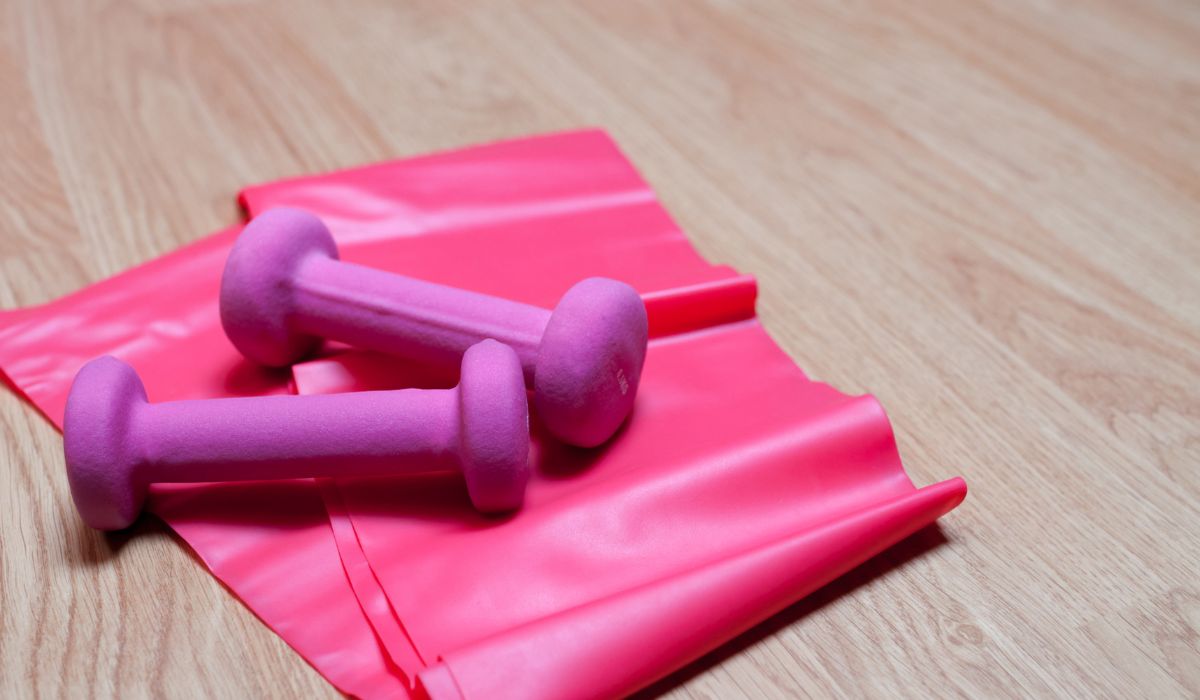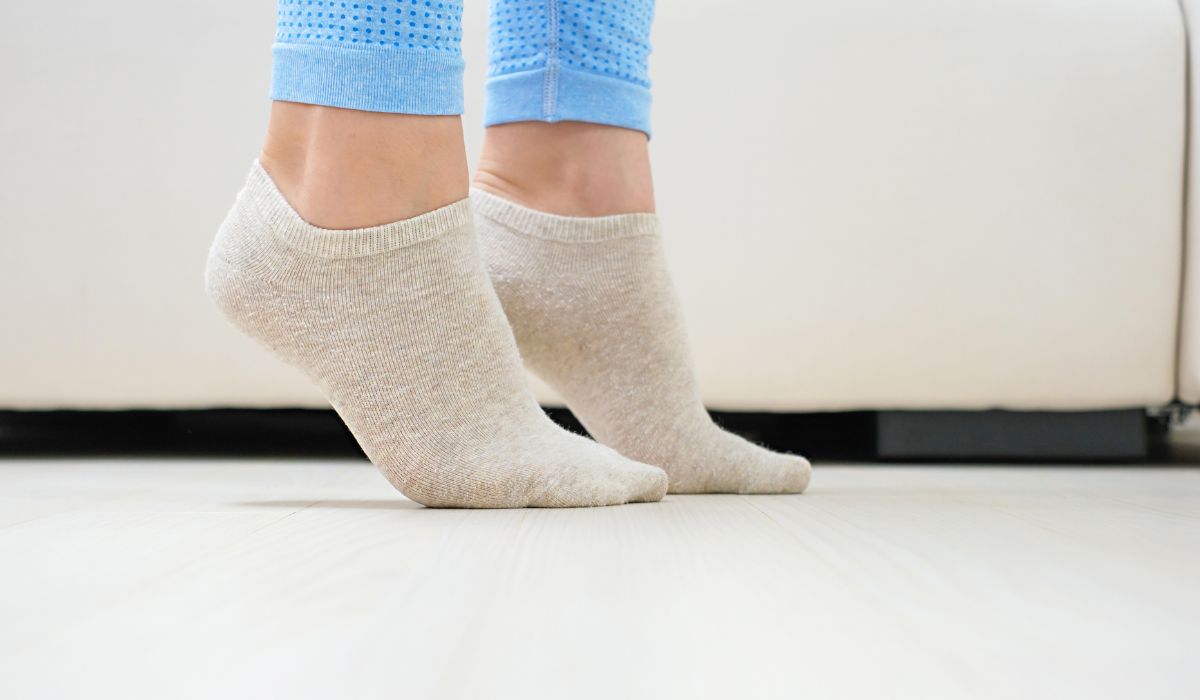Benefits of Social Interaction
Socialisation is essential for a happy, healthy, and fulfilling life. Humans are social beings; no matter how old you are, everyone needs social interaction.
Whether it’s a coffee with friends, bumping into someone on a dog walk or a community event, there are many benefits to socialising with others. You’ve probably noticed how much happier you instantly feel after an interaction with a close friend or family member.
But, why is socialising so important?
In this article, we explore the importance of socialising, the main benefits and how you can combine a fantastic seated exercise class with socialisation.
Let’s jump in.
Why is Socialising Important?
Socialising is incredibly important for a number of reasons, and this impacts both our mental and physical well-being.
Age UK states, “A wealth of evidence shows that positive relationships and shared activities contribute to our wellbeing.”
Being social reduces stress and improves mood by releasing endorphins. Strong social connections combat loneliness and depression while stimulating the brain to sharpen cognitive skills. These positive interactions boost self-esteem and offer support during challenges.
Physically, socialising strengthens the immune system and lowers the risk of chronic diseases, even increasing lifespan. Interacting with others expands perspectives and also enhances personal growth.
How Important is Social Interaction in Elderly Care?
Older people are more vulnerable to social isolation and are more at risk of loneliness due to bereavement or living alone. Social interactions with others give them a sense of belonging and prevent feelings of being alone.
This can have a serious effect on health, but thankfully there are many ways to overcome feelings of loneliness through social interaction. Even if getting outdoors is challenging, inviting family and friends for a cup of tea, or arranging video calls means you can stay in the comfort of your home.
At MOVEability, we provide online and in-person seated exercise classes for people of all ages and abilities. Many of our participants join the class for the social aspect and enjoy staying for a cup of tea after the class. Sign up for one of our classes today!

10 Benefits of Socialising
Here’s a breakdown of the main benefits of socialising with other people:
Mental Health Benefits
Reduces Stress and Improves Mood
Social interaction is a natural mood booster. When we connect with others, our brains release endorphins. These chemicals have powerful mood-lifting and stress-reducing effects, helping us feel more relaxed and positive.
Combats Loneliness and Depression
Humans are social creatures, and feeling connected is vital for our mental well-being. Strong social ties help prevent feelings of isolation and loneliness, which are major contributing factors to depression. Having people to talk to and share experiences with creates a sense of belonging and support.
Sharpens Cognitive Skills
Socialising isn’t just fun – it’s also good for your brain. Engaging in conversations and social activities stimulates cognitive function, improving memory, attention, and overall brain health. Interacting with others keeps our minds active and engaged.
Boosts Self-Esteem
Positive social interactions play a key role in building self-esteem. When we feel accepted and valued by others, it strengthens our sense of self-worth. Support and encouragement from friends and family can make a big difference in how we see ourselves.
Physical Health Benefits
Strengthens Immune System
Believe it or not, socialising can actually boost your immune system. Studies have shown a link between strong social connections and a stronger immune response. This means people with active social lives may be less likely to get sick.
Lowers Risk of Chronic Diseases
Social support and interaction are good for your heart and your overall health. Research suggests that strong social connections can reduce the risk of developing chronic diseases, including heart disease, stroke, and even dementia.
Increases Lifespan
The benefits of socialising extend beyond just feeling good; they can actually help you live longer. Studies have shown that people with strong social networks tend to have longer lifespans. Social connection is a powerful factor in overall health and longevity.
Other Benefits
Provides Support and Companionship
Life can be challenging, and having a support system is essential. Social connections provide a network of people who care about us and are there for us during difficult times. Knowing we have people to lean on can make all the difference.
Expands Perspectives
Interacting with people from different backgrounds and with different viewpoints broadens our own understanding of the world. Socialising exposes us to new ideas, cultures, and ways of thinking, enriching our lives.
Enhances Personal Growth
Social interactions are a catalyst for personal growth. Through our relationships with others, we learn new things, develop social skills, gain confidence, and grow as individuals. Socialising helps us become more well-rounded and adaptable people.

Socialising With MOVEability
We know that socialising is a vital part of a healthy lifestyle, and joining a group exercise class is a fantastic way to combine fitness with meeting other people. MOVEability’s seated chair exercise classes do just that.
Our in-person classes in Berkshire provide a welcoming environment where you can chat with others over a cup of tea and a biscuit after the session. For those who are further afield across the UK or prefer to exercise from home, our online classes still offer great interaction with other participants.
Whether you’re looking to improve your flexibility, and strength, or simply enjoy some friendly company, MOVEability’s accessible and effective seated workouts are perfect for individuals of all ages and abilities.
Ready to try a MOVEabiliy class for yourself? Sign up for a FREE in-person or online class today!
Related Guides:
- 10 exercises to do while sitting
- 10 fun activities for the elderly in care homes
- 9 benefits of seated exercises
- What chair to use for seated exercise?
- 6 tips to prevent falls in winter
- What is low impact exercise?







